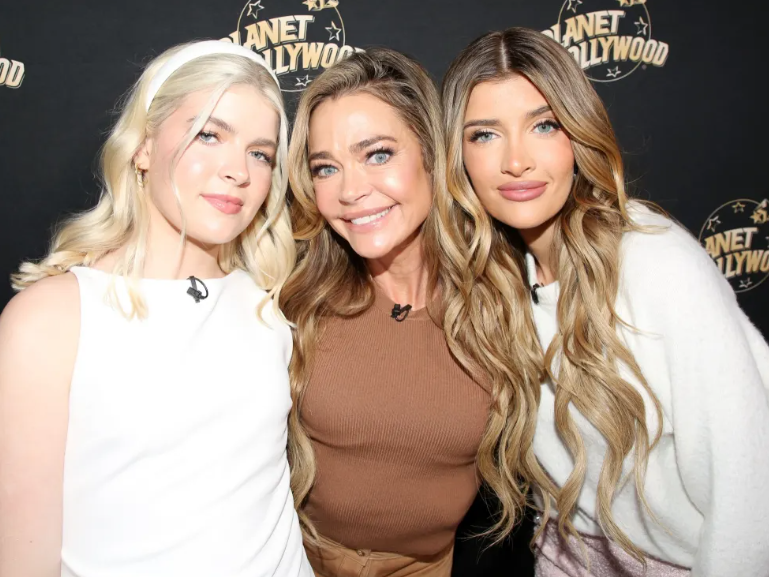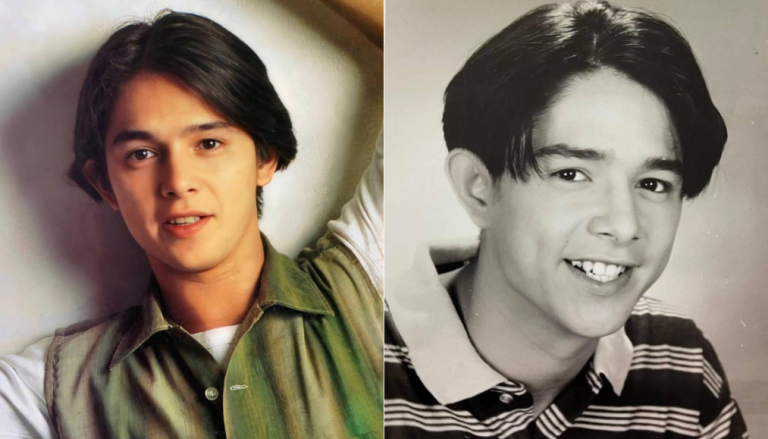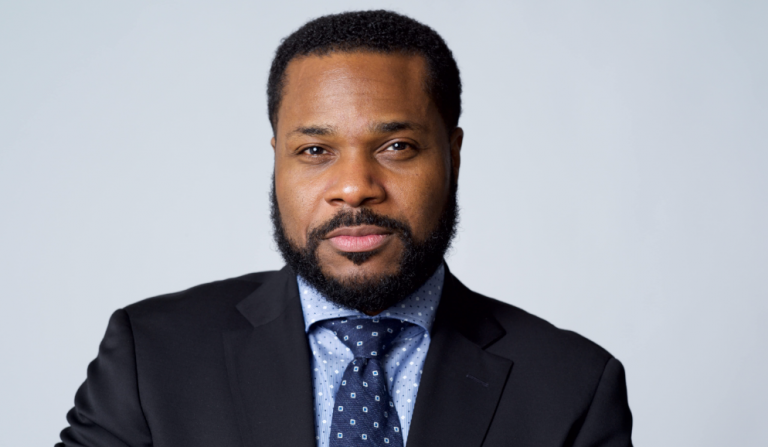Sami Sheen Breaks Down the Myths Around OCD
Sami Sheen has spoken openly about living with obsessive-compulsive disorder (OCD), aiming to correct common misunderstandings about the condition. The daughter of actors Charlie Sheen and Denise Richards, Sami explained that OCD is far more than a preference for cleanliness or organization. For her, it is a mental health condition that affects her daily life and emotional well-being.
In a recent interview, Sami said she often hears people use the term “OCD” casually to describe habits like keeping a room neat or arranging objects in a certain way. She stressed that while tidiness can be part of OCD for some, the disorder is defined by unwanted, intrusive thoughts and the compulsions a person feels driven to perform to relieve distress.

“It’s not just about being clean or organized,” Sami said. “It’s about dealing with thoughts you don’t want and feeling like you have to do certain things to make the anxiety go away. That’s the part people don’t see.”
She described how her OCD can interfere with normal activities. Certain tasks take much longer because of repeated checking, rituals, or the need to perform actions in a specific order. If something interrupts these patterns, it can cause intense stress.
Sami shared that her journey with OCD has been challenging, but she has learned to manage it through therapy, self-care, and understanding her triggers. She credits cognitive behavioral therapy (CBT) and exposure and response prevention (ERP) as particularly helpful tools. These methods, she explained, teach her how to tolerate the anxiety without giving in to compulsions, gradually reducing the disorder’s hold on her life.
Still, she emphasized that progress is not always linear. There are days when the symptoms feel manageable and days when they are overwhelming. She hopes that by speaking publicly about her experience, she can reduce stigma and encourage others with OCD to seek help.
“I want people to know that having OCD doesn’t make you broken,” she said. “It’s just something you live with and learn to work around. And there are ways to get better, even if it’s slow.”
Sami also addressed the emotional toll the disorder can take. Living with constant intrusive thoughts and the pressure to perform rituals can lead to fatigue, frustration, and feelings of isolation. Friends and family, she said, play an important role by offering patience and understanding rather than judgment.
Her openness comes at a time when more public figures are talking about mental health, making it easier for others to share their own struggles. By clarifying misconceptions about OCD, Sami is helping shift the conversation from stereotypes to empathy and education.

She urged people to be more mindful in their language, explaining that casually saying “I’m so OCD” to mean “I like things neat” can trivialize the real challenges faced by those living with the disorder.
“Words matter,” she said. “When we misuse terms like OCD, we make it harder for people to take the condition seriously. If you want to be supportive, start by listening and learning.”
Sami’s decision to speak out has been met with support from fans and mental health advocates. Many have praised her for showing that mental health conditions are not always visible but can still have a profound effect on someone’s life.
By sharing her personal experience, Sami Sheen has provided a clearer picture of what OCD truly is—a complex and often misunderstood disorder. Her story is a reminder that compassion, awareness, and proper treatment can make a meaningful difference for those living with it.







